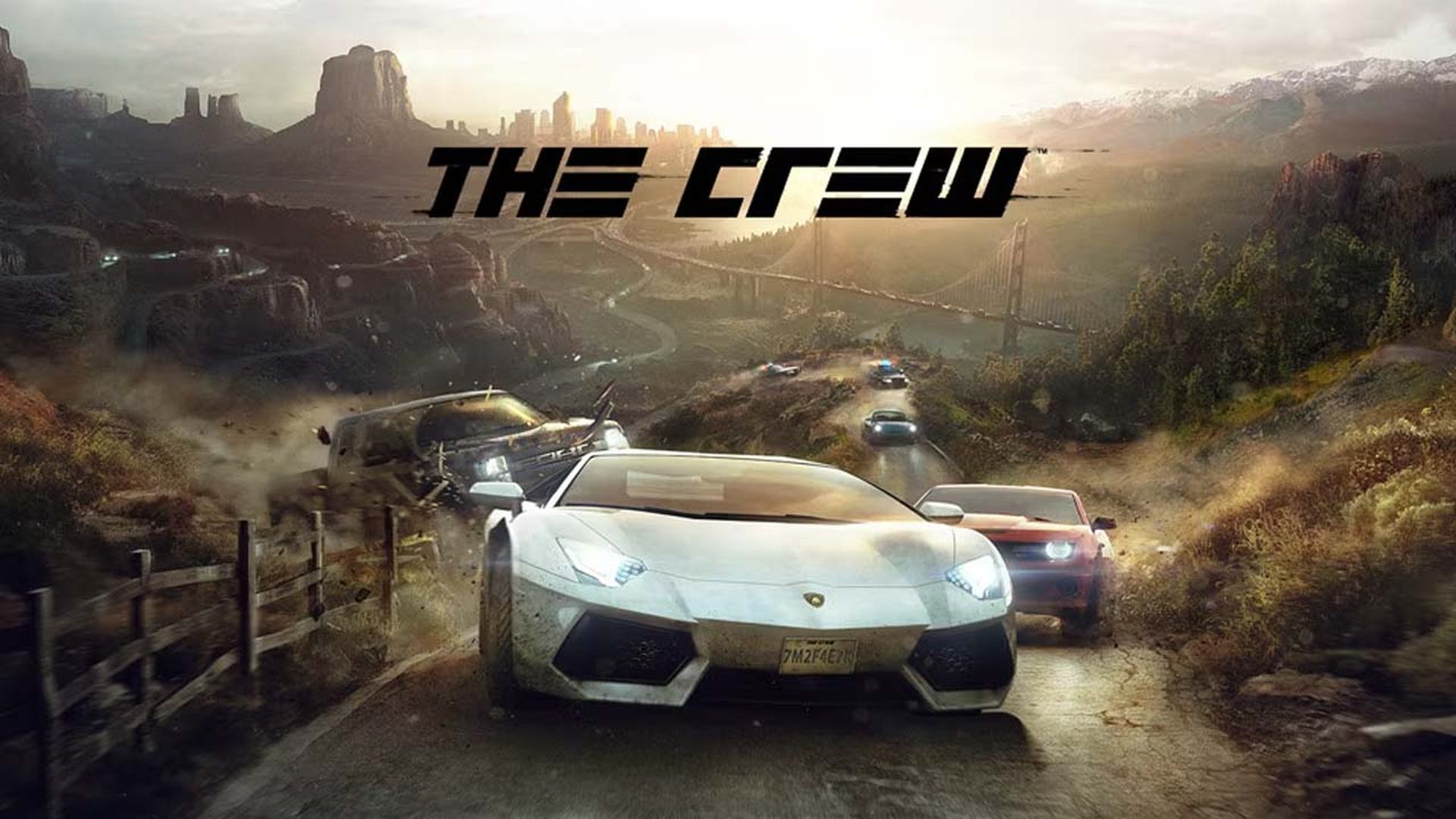Two Californian gamers have filed a class action lawsuit against Ubisoft this month, claiming the gaming giant deceived them about their rights to play The Crew. In 2014, The Crew launched gamers onto the virtual racetrack of competitive racing until Ubisoft pulled the plug on the servers in 2024. The Crew was rendered completely unplayable by the shutdown because it had to be played online and didn’t offer an offline mode. The plaintiffs bought physical copies of the game in 2018 and 2020 and said they believed they were buying a completed product when they discovered they’d only been granted limited access.
The lawsuit claims Ubisoft led players to believe they could own and completely access the game on physical disks. The plaintiffs claim that the disks were no more than keys, anchoring the game to Ubisoft’s online server infrastructure. Despite the announcement in December 2023 of the game’s shutdown, Ubisoft issued refunds to people who bought the game in the last few weeks, but those who bought the game years ago could not. This was like a pinball machine gutting it without permission from the owner. Legal representatives said – only to leave the customers with a nonworking product they thought was theirs.

Ubisoft close to liquidation as digital ownership debate intensifies
A suit filed by The Crew catches onto an emerging debate about digital property in gaming. Further, as more game companies rely on online servers, players become more vulnerable to the possibility of the server going offline, preventing them from accessing games they paid for. But this isn’t the first time: The suit goes back to other games, notably Knockout City and Assassin’s Creed, which offered offline modes before server closures. However, in newer installments of The Crew franchise, Ubisoft has only promised offline play, and players of the original have no solution for the long term.
California passed legislation earlier this year to bring transparency to online gaming storefronts. The law, signed by Governor Gavin Newsom, is partly inspired by Ubisoft’s actions and requires companies to tell players when they’re licensing a game, not owning it. That’s not to say companies can’t shut down servers, though, resulting in a player still being unable to access the game he’s been playing.
In the wake of the lawsuit, the ‘Stop Killing Games‘ movement has gained much public support, with people calling on game companies to keep games available even when servers go down. The current tally on a petition among YouTube creator Ross Scott’s campaign ‘EU must protect our digital games!’ stands at 379,230 signatures and is led by YouTube creator Ross Scott. In an increasingly online model, advocates say companies should offer indoor functionality or keep servers up longer.
This case may be the precedent for the gaming industry moving further into the digital-only territories, and companies like Ubisoft will start to consider how their obligations to consumers are shaped. Ubisoft wouldn’t comment on the suit or the wider digital rights debate. Yet, this could herald a new age of digital ownership that will force companies to deliver higher visibility and accessibility for gamers traversing the constantly adapting gaming terrain.
Images credit: Ubisoft





